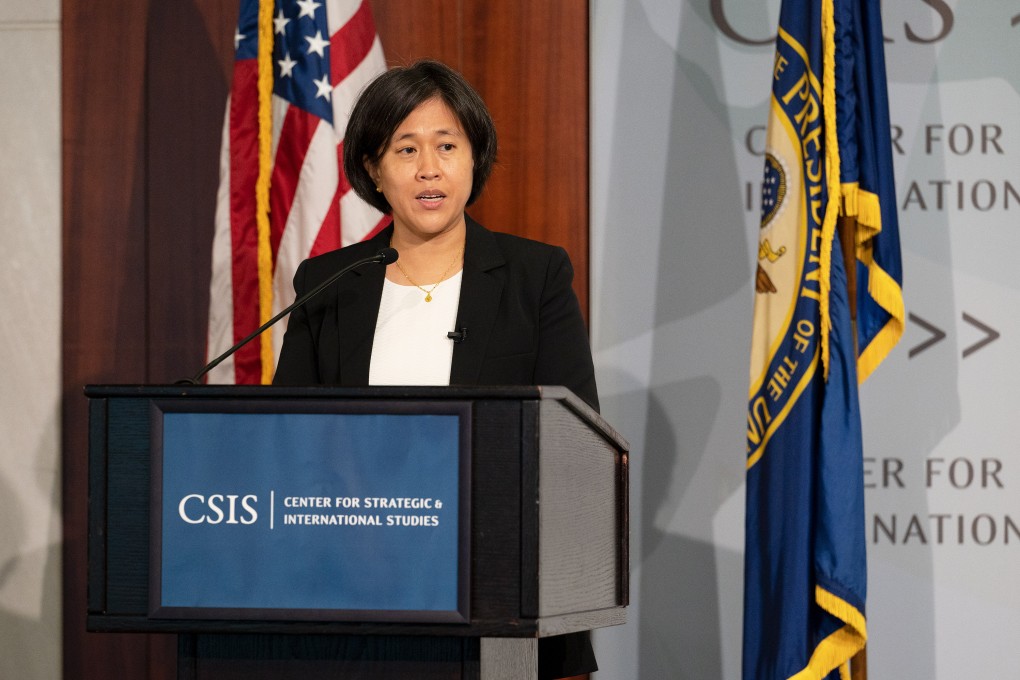Opinion | US-China trade war: when will the Biden White House get back to basic economics?
- The trade war has its roots in Donald Trump’s wrong-headed obsession with trade deficits
- Worryingly, under Biden, the US trade strategy on China continues to disappoint American business. It’s time to ditch the tariffs

The result was partial containment of a fierce trade struggle between the world’s two largest economies. Beijing agreed to buy at least US$200 billion more in US goods and services in 2020 and 2021, compared to 2017 levels, and on top of the US export numbers in the same year.
In particular, China was obliged to purchase US$77 billion in additional goods and services in the first year of the deal and US$123 billion in the following year to meet the agreed amount. It is worth noting that, in 2017, China purchased US$186 billion of US goods and services.
In practice, in the first half of this year, Chinese purchases of US exports rose to US$87.94 billion, up 55.5 per cent from the same period last year and up almost 49.3 per cent from the first six months of 2019. On the other hand, the US imported US$252.86 billion worth of goods from China in the first half of this year, increases of 42.6 per cent and 26.8 per cent from the respective periods in 2020 and 2019.
Although trade between the two countries has visibly grown despite ongoing tensions, Chinese purchases of US goods are still falling short of the agreed amount.
According to data gathered by the Peterson Institute for International Economics’ senior fellow Chad P. Brown, Beijing only reached 62 per cent of the phase one target in August this year, and its trade surplus with Washington rose further, to US$37.68 billion in the same month, based on Reuters calculations of the customs data.
